Navigation auf uzh.ch

Quicklinks und Sprachwechsel
Main navigation, “it always seems impossible until it’s done”.
- Medicine and Dentistry
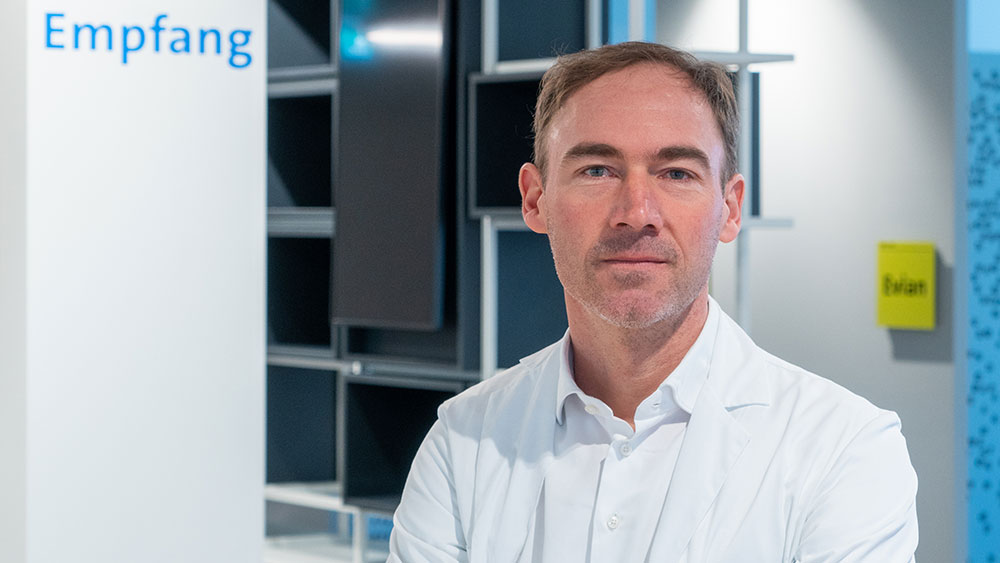
Jan Fehr, last March, the UZH Travel Clinic was repurposed as a coronavirus testing center. On 4 January, it took up operations as the first reference vaccination center for the canton of Zurich. Who can get vaccinated at the center?
Jan Fehr: People at higher risk from COVID-19. These include people aged 75 or older, or people who have serious pre-existing health conditions regardless of their age. People who meet these criteria can make an appointment and get vaccinated at our center at Hirschengraben in Zurich. Appointments can be made online at https://coronazentrum.uzh.ch or through the canton’s medical hotline 0800 336 655 . If you have a serious pre-existing condition, you need to be referred to the center by your doctor.
The UniversityHospital Zurich will also begin vaccinating patients in early January, and nursing homes and GPs will follow suit shortly thereafter.
Why the priority list?
We initially expect to have 36,000 vaccine doses available. This means we need to decide which groups get the vaccination first. The canton of Zurich is following the recommendations of the Federal Commission for Vaccination and the Federal Office of Public Health’s vaccination strategy. In the first phase, the goal is to prevent severe cases and deaths and reduce the burden on the healthcare system.
That’s why the first target priority group is people aged 75 or older, with or without pre-existing conditions. In addition, adults with chronic medical conditions are also at a higher risk of suffering severe COVID-19 symptoms and may also get vaccinated first, regardless of their age. This includes people with special and serious forms of cardiovascular, respiratory and kidney diseases, obesity, weakened immune systems, high blood pressure or diabetes. The second jab is given at our center four weeks after the first.
When did the vaccine arrive?
The vaccine arrived with a police escort early last week. We’re using the vaccine from Pfizer/BioNTech, which needs to be stored in deep freezers at -80° to -70° C.
The vaccine race has turned deep freezers into a hot commodity. Do you have enough freezers?
Yes, we planned ahead. You also need to take into account that for every deep freezer that’s in use, you need to have a back-up freezer in case it breaks down.
How prepared were you for being the canton’s reference vaccination center?
Of course we would have liked to have had more rest before starting, rather than 10 months’ of combating the pandemic. But then you also have to admit that we’re incredibly lucky that the new Travel Clinic took up operations just in time, right before the first wave. We were able to use its new infrastructure and build on the long-standing vaccination expertise of the largest travel clinic in Switzerland.
The flexible setting provided by the Epidemiology, Biostatistics and Prevention Institute (EBPI) also helps. I’m also very fortunate to have such a great team supporting me. The COVID-19 vaccination project is led by Dr. Matthias Reinacher, who is highly knowledgeable in the fields of medicine, IT as well as management. The devil’s in the detail, however, and at first it all seemed to be too much, but I always remember a quote by Nelson Mandela, who said, “It always seems impossible until it’s done”.
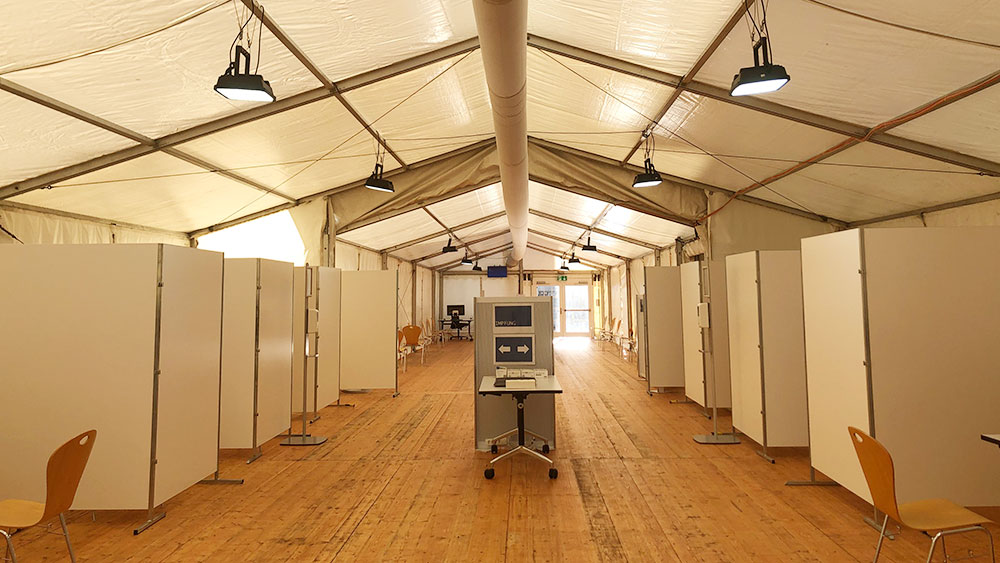
Were you able to find enough staff for the vaccination line at such short notice?
My team, the UZH task force and the UZH Human Resources office all went above and beyond to support our center. I’d like to take this opportunity to thank them very much for this. We now have a total of 73 employees helping us with the vaccinations and recording data in the vaccination card. Emergency medical staff are on hand in case anyone suffers an allergic reaction, and the relevant contingency planning and training are also in place.
The vaccination center is a so-called reference laboratory. What exactly does this mean?
We’re the first vaccination center in the canton of Zurich and gathering information on all levels, from logistics and handling the vaccine to training staff, IT processes as well as vaccine acceptance in the population.
This experience will be used to tweak the processes, and it will also be made available to other vaccination centers in the canton. We’re also constantly gathering information on all new vaccines that are approved, which results in a steady stream of insights.
Which vaccines are these?
We’re first using Cominarty from Pfizer/BioNTech, which has to be stored at ultra-low temperatures of -80° to -70° C. Swissmedic is currently also reviewing approval for further vaccines, for example the mRNA vaccine from Moderna. This one also needs to be stored in freezing temperatures of around -20° C. And there’s also the AstraZeneca vaccine, which can be stored in regular fridges.
Are you also involved in research around the vaccination process?
The large-scale Corona Immunitas study , run by UZH and the Swiss School of Public Health, aims to gather reliable data on the rate of infection in Switzerland and shed more light on immunity against SARS-CoV-2. Milo Puhan, who heads up the EBPI, is coordinating and leading the national study, and together we’re trying to move this large-scale project forward. Many of the study’s visits are held in the UZH’s corona center – that is, the new Travel Clinic. Expanding on the Corona Immunitas study, we’ll then also turn our focus to questions surrounding vaccination and immune response. Our center provides the ideal platform for this.
How do you view the danger presented by the new coronavirus mutations spreading across Switzerland?
As things stand, it doesn’t look like the available vaccines will be any less effective for the new mutations that recently surfaced. But it’s important that we now quickly get a grip on the pandemic – and this of course means carrying out vaccinations and strictly following the relevant safety measures. We can only control the pandemic if we’re one step ahead of the virus, and unfortunately this has not yet been the case.
As the head of the Public and Global Health Department at UZH, how do you view the pandemic from an international point of view?
I’m currently seeing an increase in national self-interests, where people’s ideas and actions aren’t extending beyond their own country’s borders. But the pandemic is global. We must show solidarity, work hand in hand, and include other countries, especially the poorer ones, in our plans, as coronavirus is a global rather than a local issue.
Marita Fuchs, Editor UZH News
Weiterführende Informationen
Further information.
- UZH Corona Center
- Information from the Canton of Zurich on coronavirus vaccination (in German)
- Media release, registration for vaccination now possible (in German)
- Corona Immunitas
The quantified self during travel: mapping health in a prospective cohort of travellers
Affiliations.
- 1 Epidemiology, Biostatistics and Prevention Institute.
- 2 Travel Clinic, University of Zurich, Hirschengraben 84, 8001 Zurich, Switzerland.
- 3 Department of Mathematics.
- 4 Department of Computational Science, University of Zurich, 8057 Zurich, Switzerland.
- 5 Wearable Computing Laboratory, ETH Zurich, Swiss Federal Institute of Technology, 8092 Zurich, Switzerland.
- 6 Swiss Tropical and Public Health Institute, 4051 Basel, Switzerland.
- 7 University of Basel, 4003 Basel, Switzerland.
- PMID: 28931147
- DOI: 10.1093/jtm/tax050
Background: Travel medicine research has remained relatively unchanged in the face of rapid expansion of international travel and is unlikely to meet health challenges beyond infectious diseases. Our aim was to identify the range of health outcomes during travel using real-time monitoring and daily reporting of health behaviours and outcomes and identify traveller subgroups who may benefit from more targeted advice before and during travel.
Methods: We recruited a prospective cohort of travellers ≥ 18 years and planning travel to Thailand for <5 weeks from the travel clinics in Zurich and Basel (Switzerland). Participants answered demographic, clinical and risk behaviour questionnaires pre-travel and a daily health questionnaire each day during travel using a smartphone application. Environmental and location data were collected passively by GPS. Classification trees were used to identify predictors of health behaviour and outcomes during travel.
Results: Non-infectious disease events were relatively common, with 22.7% (17 out of 75 travellers) experiencing an accident, 40.0% ( n = 30) a wound or cut and 14.7% ( n = 11) a bite or lick from an animal. Mental health associated events were widely reported, with 80.0% ( n = 60) reporting lethargy, 34.7% ( n = 26) anxiety and 34.7% ( n = 26) feeling tense or irritable. Classification trees identified age, trip length, previous travel experience and having experienced a sports injury in the past year as the most important discriminatory variables for health threats.
Conclusions: Our study offers a revolutionary look at an almost real-time timeline of health events and behaviours during travel using mHealth technology. Non-infectious disease related health issues were common in this cohort, despite being largely unaddressed in traditional travel medicine research and suggest a substantial potential for improving evidence-based travel medicine advice.
Keywords: epidemiology; health behaviour; mHealth; travel medicine.
© International Society of Travel Medicine, 2017. Published by Oxford University Press. All rights reserved. For Permissions, please e-mail: [email protected]
- Cohort Studies
- Geographic Information Systems
- Health Knowledge, Attitudes, Practice*
- Prospective Studies
- Surveys and Questionnaires
- Switzerland
- Telemedicine*
- Travel Medicine / methods*
Navigation auf uzh.ch
UZH for International Students and Scholars
Quicklinks und sprachwechsel, main navigation, visiting scholars (academic guests).
I would be interested to visit the University of Zurich while on leave from my home institution. What is the usual procedure?
At the University of Zurich, the institutes/clinics are responsible for selecting and issuing an invitation for visiting scholars. The first step therefore is to contact the relevant institute/clinic. They can help you with questions and further information regarding invitation, selection process and infrastructure (workplace, e-mail, telephone, keys, UZH guest card, etc.).
I have an invitation as Visiting Scholar. Can you provide support with my entrance documents? If you are coming to UZH as Visiting Scholar your visa status is "academic guest". The necessary entry and residence documents are organized by the visiting scholars themselves or by the inviting institutes/clinics. You can find useful resources here: Welcome Services for Visiting Scholars .
Application / Admission to a PhD Program at UZH
How do I find a supervisor?
Finding a supervisor is the responsibility of the prospective PhD candidate. We recommend browsing the UZH websites (institutes or graduate programs) to find a professor in your field and then contact them directly. Please keep in mind that professors get many inquiries for academic supervision. It is thus essential to attach a sound research plan with references to your previous research, a convincing letter of motivation and your CV (all documents in pdf).
How do I apply for a PhD program?
The application procedure for a PhD program differs depending on the program. Please inform yourself about the application procedure for your specific program on the website of the respective departments. It is important to note that the application for PhD studies at UZH generally includes two application procedures, one at the Institute regarding the doctoral program's specific admission requirements and the other at the UZH Admissions Office regarding the general admission requirements.
Graduate Campus: Guide: How to PhD Graduate Campus: Doctoral programs at UZH Admissions Office: Admission to Doctoral Studies
Does UZH offer a Cotutelle de Thèse, i.e. a joint supervision of doctoral studies?
Cotutelle de thèse refers to a doctorate in which doctoral students are enrolled at two universities (in Switzerland and abroad). UZH is generally open to contracts with recognized foreign universities, however, the decision lies with the Faculties. You can find the relevant contacts on our website: Cotutelle de Thèse
Funding Opportunities
Are there funding opportunities for my studies or research?
Funding opportunities vary depending on your status at the UZH. Please note that non of these opportunities are guaranteed.
for PhD Researchers for Postdocs for Established Researchers
For more information about research funding opportunities, please get in touch with the UZH Research Development Office
For more information about financial aid for BA and MA students , please get in touch with the Student Financial Aid Office
Visa and Residence Permit
Do I need a visa?
Depending on your nationality, your profile and the duration of your stay, you will need to apply for a visa before entering Switzerland. Please refer to the information on the website International Students - Entry and Residence .
You may also consult the Swiss federal website: Visa provisions according to nationality
Do I need a residence permit?
If you stay in Switzerland for more than 90 days, you will need a residence permit. The procedure will start when registering at your municipality's registration office, which is mandatory for stays over 90 days and must be done within 14 days upon arrival.
Registration in Zurich
How can I prolong my residence permit?
You can renew your residence permit by filling out a renewal form which will be sent to you around one months before your residence permit expires. * You then have to bring it to the Residents' Registration Office of your local municipality (in Zurich, these are "District offices" or "Kreisbüros"). If needed, supporting documents will be requested by the Migration Office (in general: proof of matriculation, proof of sufficient financial means...).
For students and doctoral candidates: Please note that the maximum duration of your stay for the purpose of studying is eight years. Exceptions can be made but require a purposeful reason for your education. *This is the procedure in place if you live in the city of Zurich. If you live outside of Zurich, please check the procedure with your local municipality.
My employment is finished but I will stay in Zurich to finish my thesis. Is it still possible to prolong my residence permit?
You can prolong your stay in Switzerland for the purpose of education, however, it cannot surpass the maximum duration of eight years, as defined by Swiss law. Furthermore, the Migration Office will require proof of sufficient financial means.
Accommodation
Is there on-campus accommodation?
UZH does not have on-campus accommodation. However, the Housing Office of UZH and ETH offers a limited number of rooms for newly incoming exchange students. Please find more information on the Housing Office on their website. UZH cannot guarantee that the Housing Office will be able to arrange accommodation for you. It lies within your own responsibility to arrange your accommodation on time. Please note that the housing market in Zurich is quite competitive and it can be challenging to find accommodation (privately and through the Housing Office). Therefore, it is essential to start looking for accommodation as soon as possible. The City of Zurich has compiled some useful tips regarding this topic.
Housing Office of the University of Zurich and ETH Zurich Tips from the City of Zurich (in German)
Health Insurance
Do I need health insurance during my stay in Switzerland?
Health insurance in Switzerland is mandatory for every resident. The compulsory basic insurance covers medical treatment in the event of illness and accident . Exemptions from the mandatory health insurance are possible but must be applied for at the Zurich Social Insurances Institution (SVA Zürich). Detailed information can be found on the websites of the Canton of Zurich .
UZH Internationals: Insurances
How do I get health insurance in Switzerland?
From the date of your arrival, you have 3 months to take out health insurance and declare your coverage to the authorities. You then have the follwing options:
a. Purchase regular Swiss health insurance:
Since health insurance providers in Switzerland are private companies, it is best to compare different offers by using an online comparison tool. Proceed as follows:
- Use a health insurance comparison website (e.g. Comparis) to compare the different premiums the companies offer and choose a policy. After having given your personal data, you will be able to request a quote from the insurance(s) of your choice.
- Order an offer of the company you are going to choose (can be done online). After having received the offer, sign it and send it back to the insurance company.
- Inform the municipality on your health insurance coverage
b. Use your European Health Insurance Card or your private health insurance from your home country (exemption needed!)
Foreign students who are legally insured by an EU/EFTA state and have a European Health Insurance Card can apply for an exemption from the regular health insurance, provided they do not work in Switzerland.
Furthermore, foreign students who are covered by a private insurance from an EU or Non-EU country can apply for an exemption from the regular health insurance, provided they do not work in Switzerland. However, experience shows that exemptions with a foreign private health insurance are extremely seldom granted, this is why option (c.) is recommended.
c. Purchase a private insurance for international Student (exemption needed!)
There are a few insurance companies in Switzerland that offer packages for international students at very reasonable rates, for example Swisscare or Scorestudies. These packages can be purchased online. However, an application for exemption from the health insurance obligation will be needed as these insurances do not work under the regular insurance law.
Swisscare Scorestudies
How can I apply for an exemption from the compulsory health insurance?
Exemption from compulsory health insurance is possible under certain conditions and only on application. In order to apply for an exemption from the compulsory health insurance, you will need to fill out an online form and send the required documents to the Zurich Social Insurances Institution (SVA Zürich). Information on the exemption from compulsory health insurance Application form for exemption from compulsory health insurance Factsheet and guiding instructions for incoming students without a gainful employment, provided by Global Student Experience
Bank Account
How can I open a Swiss bank account?
For most banks it's a prerequisite to appear in person at their counter with a valid passport or ID, a Swiss residence permit and employment contract. Some banks may require you to make an appointment beforehand. Please note that you therefore cannot open a bank account in Switzerland while still living abroad.
What are the language requirements for BA- and MA-studies?
Foreign-language applicants for a Bachelor’s degree, Master’s degree or teaching diploma program must prove that they have a sufficient command of the main language of instruction of the study program in which they wish to enroll.
Proof of proficiency at the C1 or a higher level in accordance with the Common European Framework of Reference for Language skills (CEFR) must be submitted for the respective main language of instruction.
The main language of instruction for all Bachelor's degree programs is German. The main language of instruction for most Master's degree programs is German or English.
Find here further information on the language requirements.
Does UZH offer German language classes?
The Language Center of the University of Zurich and ETH Zurich offers a range of courses in German as a foreign language. There are classes for beginners, for advanced learners, Swiss German classes and many more. There is also a Self-Access Center for learning languages autonomously. The Language Center also organizes tandems, where two people with different mother tongues are matched in order to practice and improve their respective language skills.
Language Center of UZH and ETH Zurich
A lot of information is available in German only. Is there any assistance for translation?
There is no centrally organized translation office at UZH. However, there are different possibilities to translate documents yourself. Examples of useful applications/websites are (not limited to):
- Google Translate (easy way to directly scan and translate documents)
- DeepL (offers quite accurate translations from German to English and some other languages)
Support Services and Emergency Numbers
What are the main emergency numbers in Switzerland?
112 – International Emergency Call 117 – Police 118 – Fire Station 143 – Crisis Line; Telephone Counseling 144 – Emergency Rescue Service 145 – Toxin Information 187 – Avalanche Bulletin 1414 – Rega, Air Rescue 0800 33 66 55 – helpline for non-life-threatening medical emergencies
I need counselling, what services are available at the University of Zurich?
The University of Zurich offers a professional support on a wide range of topics: UZH Advice & Support
Social Life
How can I get to know other people in Zurich or at UZH?
In order to get to know new people at UZH you may consider joining a student association or participating in events hosted by organizations at UZH.
Student Organizations VSUZH, the association of students at UZH VAUZ , the association of junior researchers at UZH Graduate Campus for PostDoc MeetUps
Further options and associations: Social Life and Integration
Job Opportunities at UZH
How can I find job opportunities at UZH?
Vacancies are mainly advertised on the corresponding central website. However, some institutes advertise vacant positions directly on their own websites. The best way to find out about all open positions at UZH is to visit both the institute's and university's websites.
UZH Jobs Faculties and Institutes
You may also find interesting opportunities at UZH or another institution in Europe and Switzerland on the following websites specialized in academic positions:
Euraxess Academic Positions Switzerland
Weiterführende Informationen
Still looking for answers to your questions.
Check out the FAQ website for degree-seeking BA-, MA-, and PhD-students of the admission office, or the FAQ website for exchange students of the Global Student Experience Office.
- FAQ about admission and application for degree-seeking student
- FAQ for exchange students
Navigation auf uzh.ch
Center for Dental Medicine
Quicklinks und sprachwechsel, main navigation.
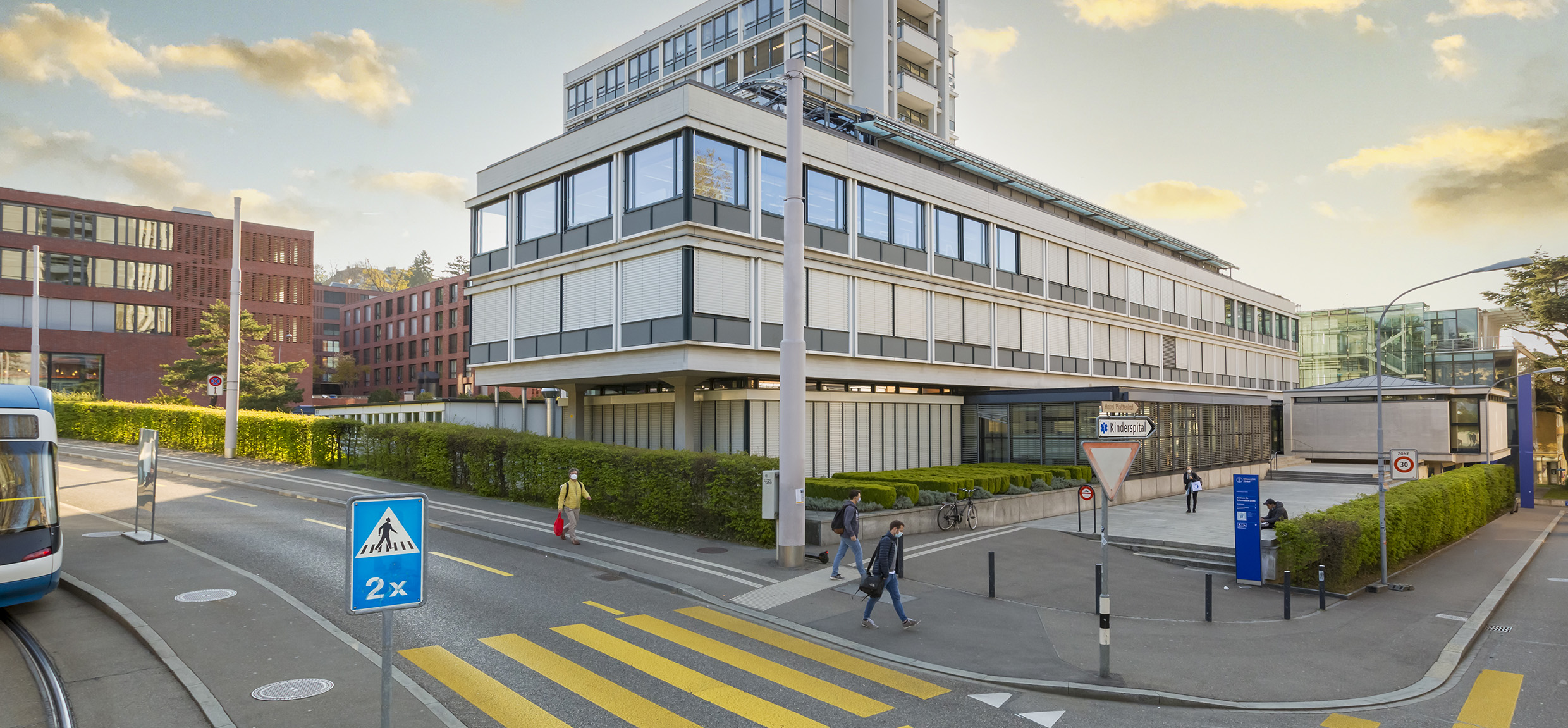
2024 Road and Para-cycling Road World Championships – September 21 to 29

During the 2024 Road and Para-cycling Road World Championships from September 21 to 29, travel to the ZZM will be more difficult. We recommend that you inform yourself in advance and allow extra time for your journey.
Traffic information City of Zurich (only German) Traffic information on the event website Traffic information University of Zurich

Grid containing content elements
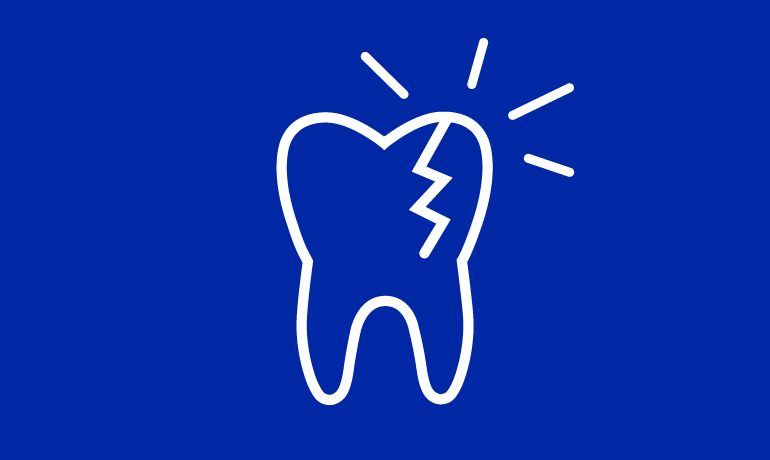
Treatment offer
- Treatment for adults
- Treatment for children / adolescents
- Treatment in the student clinic
- Participation in clinical studies
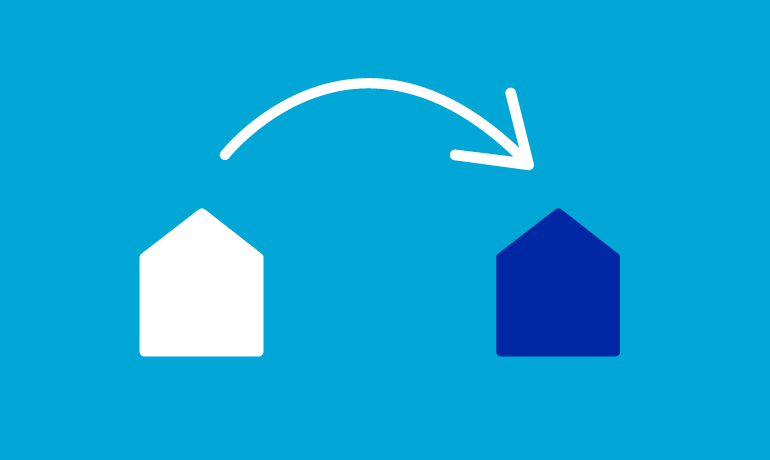
- Radiology registration
- Interdisciplinary consultation hours
- Interdisciplinary services
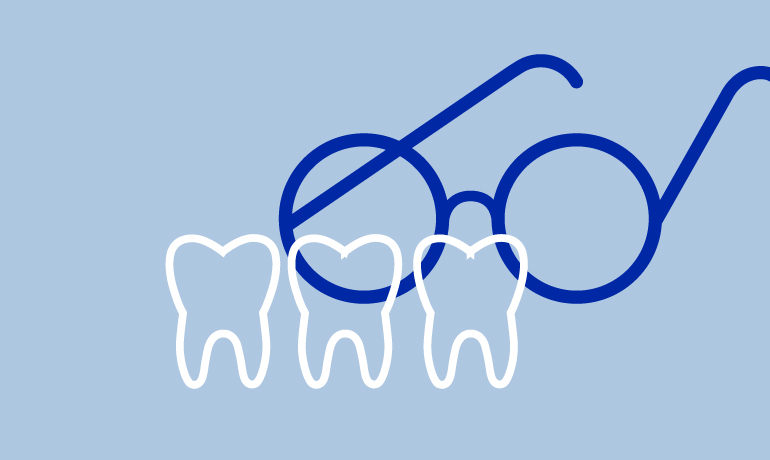
Training, further education and training
- Studying at the ZZM
- Continuing education for dentists
- Course calendar and registration

- Information flyer on the treatments
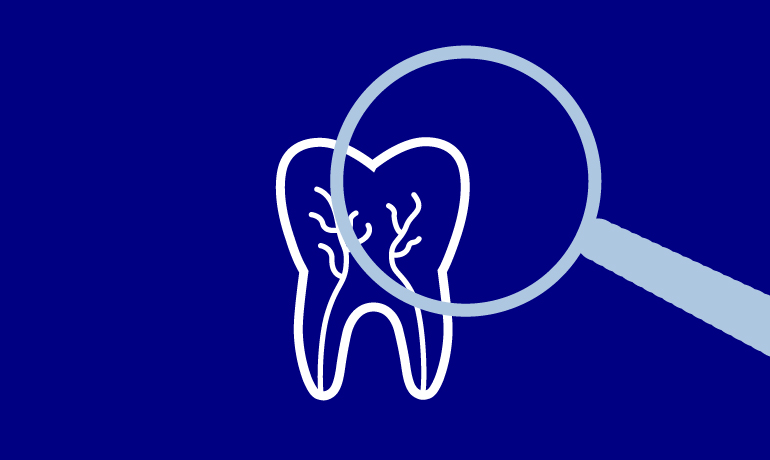
- Research overview
- Research topics

- Awards and prizes
- Qualifications
- Habilitations
Weiterführende Informationen
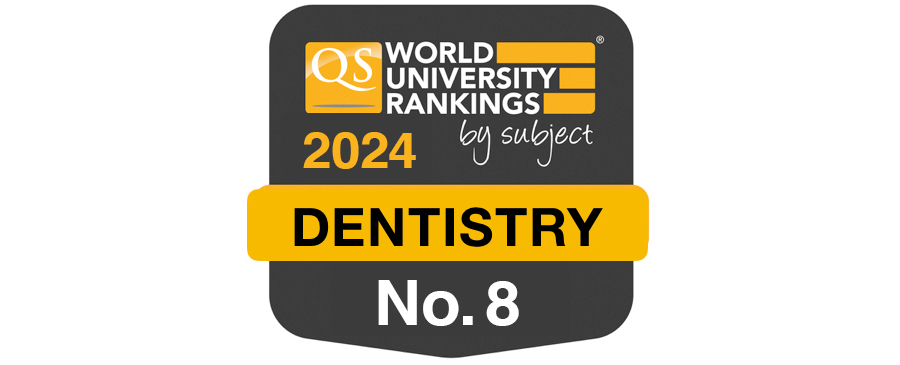
- QS World University Rankings 2024
Mitteilungen / News
Erfolgreicher auftakt: «update 2024 – rekonstruktive zahnmedizin», der schweizerische nationalfonds (snf) hat pd dr. anamaria balic nominiert, der academianet beizutreten, der expertendatenbank für herausragende wissenschaftlerinnen, promotionskandidatin frau lydia ioannides gewinnt das mls-reisestipendium.
- Center of Dental Medicine
- Kliniken und Institute
- Für Patienten
- Für Zahnärzte
- Für Studierende
Navigation auf uzh.ch
URPP Language and Space Language and Space Lab
Quicklinks und sprachwechsel, main navigation.
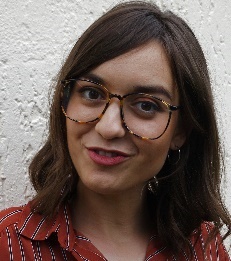
Kristina Eiviler, MA
- Doctoral candidate Video Group

Table of contents
Phd project, research interests, public performance, education, exchange studies and research visits, summer schools, workshops, scholarships and grants, fieldwork research, additional competences.
Kristina Eiviler joined the URPP Language and Space in April 2019.
Interactions, Objects, Spaces: Interdisciplinary approach to vernacular practices in public places
In my research, I apply EMCA methodology on the ethnographical data, to analyze the cross-cultural phenomenon of interaction between people and publicly venerated objects, along with the spacial modifications that emerge as a result of these interactions. The commonly seen form of the indicated phenomenon is: people touching specific parts of the statues, or stones, for luck. Nonetheless, this phenomenon can attain significantly complex expressions, such as accomplishing more engaging physical contact with the object (sitting, standing, lying, bowing to the object, etc), incorporating other objects to the venerated object (food, flowers, coins, notes, etc), constructing new discourses about the place or institutionalizing it (making it a public facility, organizing touristic venues, etc). Given that these objects are a part of the public landscape and that the interactions occur in mundane settings, the human-object, human-human and the spatial dimensions of the interactions are strongly entangled. Therefore, I examine the embodied forms of the behavior and the semiotic resources of the space which are being activated through these encounters and which might differentiate ritual(ized) from everyday actions. My focus in on naturally-occurring interactions, namely object-cantered sequences and sequences of distinctive spatial practices. I analyze how participants moderate their trajectories, postures, gestures, how they interact with the object and through the object, how the dynamics of these interactions re-shapes spacial dimensions. In order to answer the research questions, I include disciplines such as linguistic anthropology, material culture studies, sensory anthropology, popular culture studies, urban studies. The data I am currently working on consists of video recordings, audio recordings, photographs, texts and interviews. The significant part was collected in Russia, in the Moscow Metro station “Revolutionary square” with the 76 human-size bronze statues; in the Moscow park Kolomenskoe, with the Gus stone – male stone and the Deviy stone – female stone, and in Pereslavl-Zalessky (Yaroslavl Region), which, thought the years, became a pilgrimage hot-spot due to the Synyi stone, located there.
Supervisor: PD Dr. Klaus Wolfgang Kesselheim
Co-supervisor: Prof. Dr. Bernhard Tschofen
Funding Source: URPP Language and Space
- Multimodal interaction analysis
- Anthropology of religion
- AI, robotics, religion, and spirituality
- Linguistic anthropology
- Video-based research and eye tracking
- Spatial theories
- Theater and performance studies
Best Student Paper Award: Eiviler, K. (2023). " The Silence in the crowd: How visitors of venerated places display and make the self-focused state of non-talk accountable to the others" International Conference on Conversation Analysis (ICCA) , Brisbane, Australia. Best Student Paper Award.
Winner of the 4th Global Science Film Festival, category: Scientists-as-Filmmakers. “Who is (not) Swiss?” (2020, 4`4``, language Swiss German). Team: Kristina Eiviler (UZH), Petra Sidler (FHNW & NCCR – on the move) and Monika Molnar (UZH).
Exchange studies
Research visits, summer schools.
“SPEAK UP! Session on Decolonizing, decapitalizing, and decompartmentalizing Academia” (2021). Samira Ibnelkaid (PostDoc at the University of Oulu, Finland) and Kristina Eiviler (role: organizer, presenter, and moderator), University of Zurich, Switzerland.
“Video-based research” (2021). University of Oulu, Finland (online).
"Open Access and Audiovisual Sources" (2019), University of Zurich, Zurich, Switzerland.
Scholarships and grants
Digital competence.
Basic R, Adobe Premier Pro CC, FinalCut, MAXQDA, EXMARaLDA, ELAN
Student positions and memberships
- Representative of Postdocs and Doctoral Students at the Steering Committee of the URPP Language and Space (Jan 2021-Jan 2022).
- Member of the CORE-ILCA
- Member of the Lecturers Without Borders
- Member of the Zurich English-Speaking Theater
Translations
Serbian (native); English, Russian (fluent); Spanish, Slovenian, German (intermediate); Polish, French, Finnish, Turkish (elementary).
Weiterführende Informationen
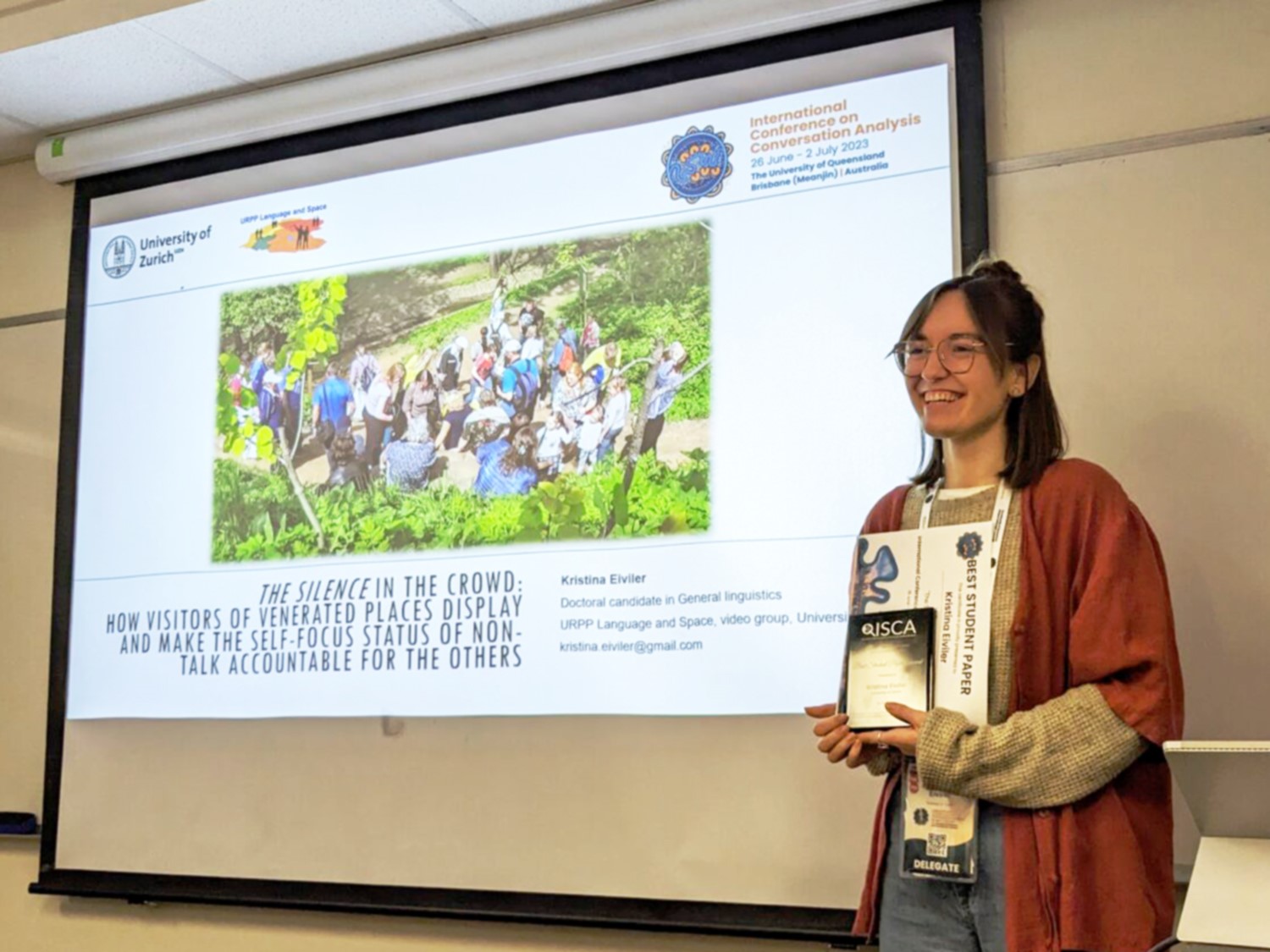
Best Student Paper Award
Best Student Paper Award at the International Conference on Conversation Analysis (ICCA) 2023
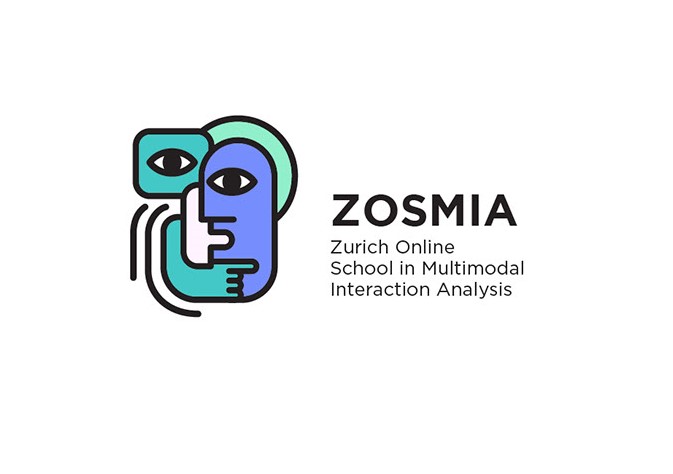
ZOSMIA 2020 official webpage
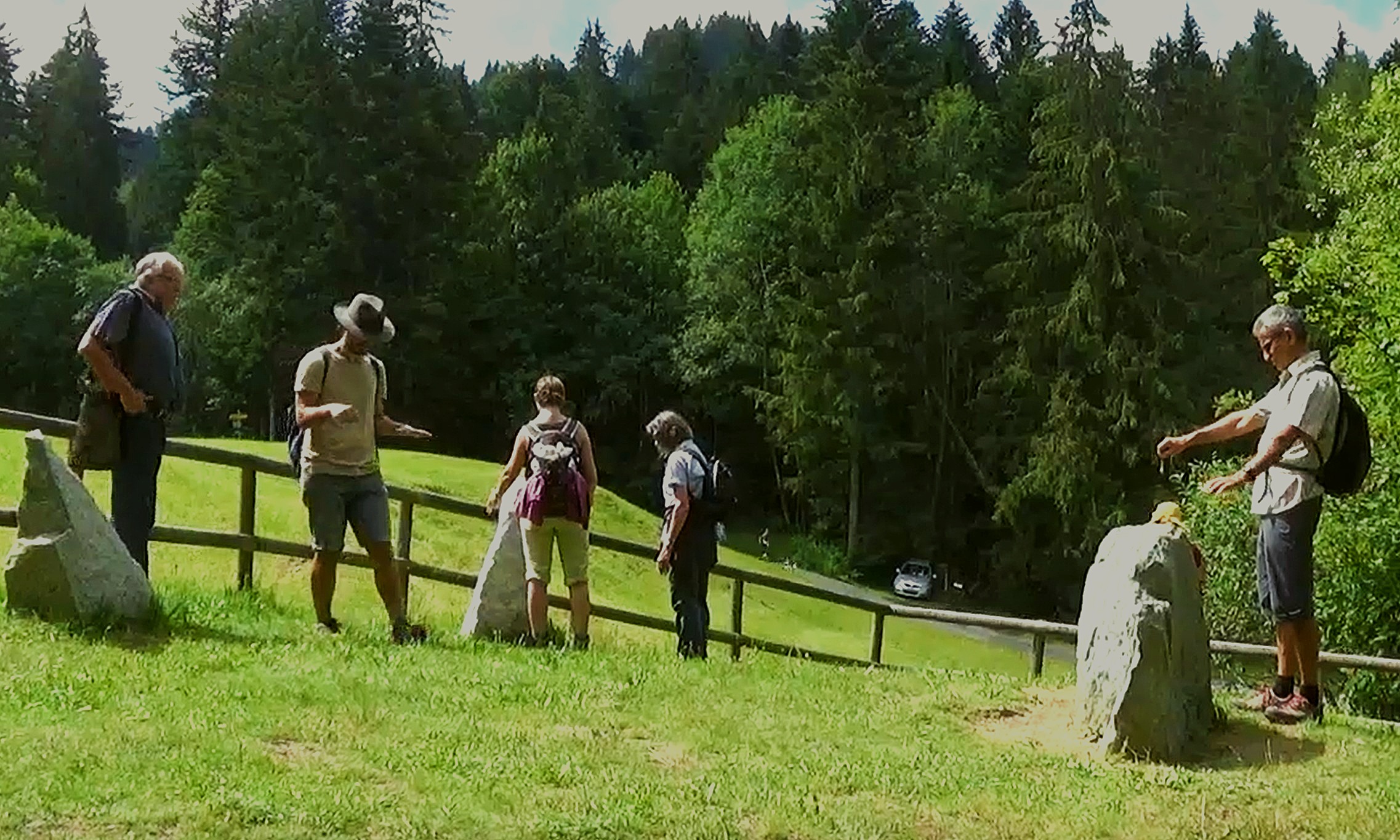
Sattel-Hochstuckli fieldwork photograph

Religious Robots? A photograph from the “Planet digital” exhibition
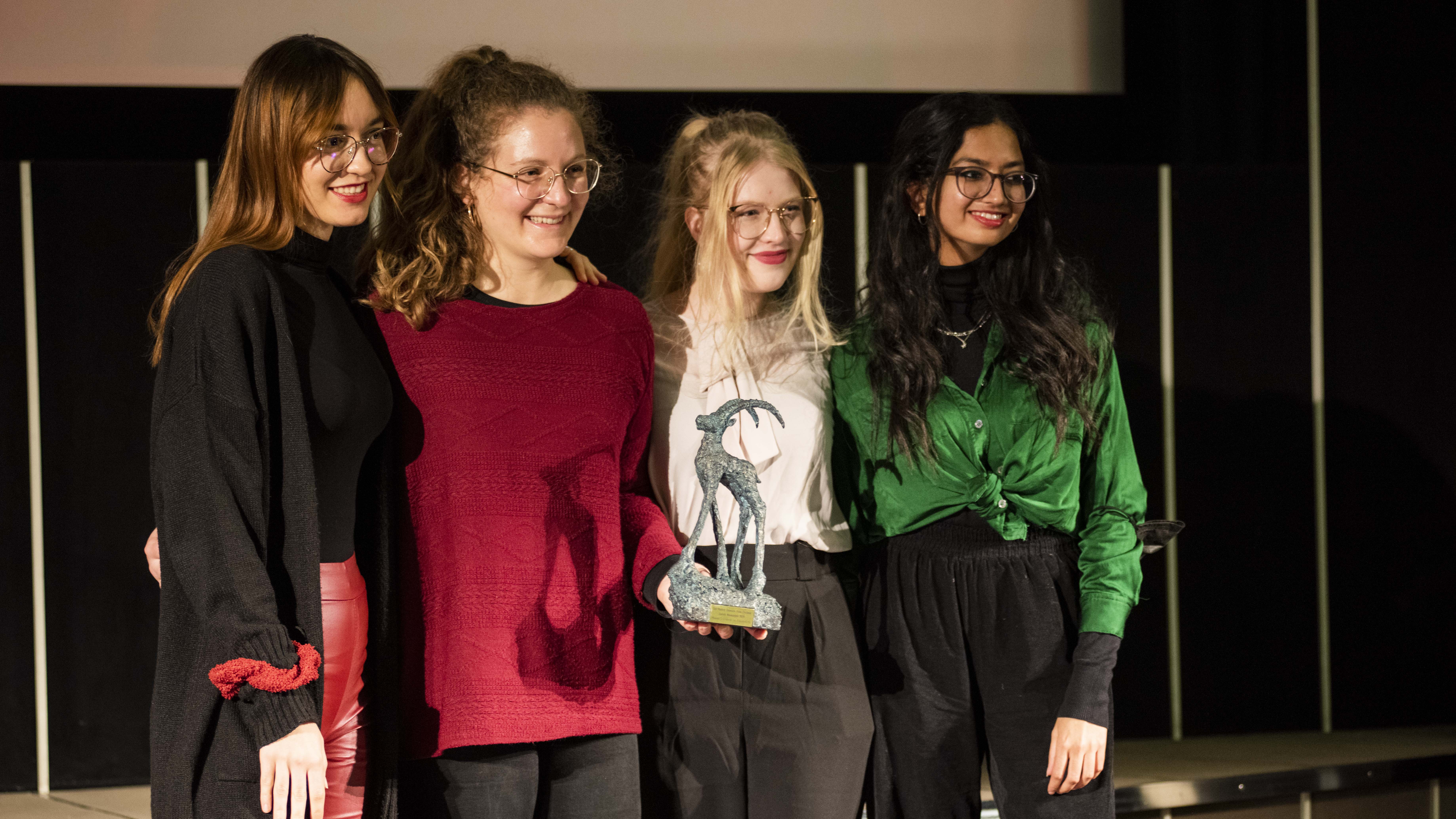
Global film award “Who is (not) Swiss?”

Virtual Tour
Experience University of Idaho with a virtual tour. Explore now
- Discover a Career
- Find a Major
- Experience U of I Life
More Resources
- Admitted Students
- International Students
Take Action
- Find Financial Aid
- View Deadlines
- Find Your Rep

Helping to ensure U of I is a safe and engaging place for students to learn and be successful. Read about Title IX.
Get Involved
- Clubs & Volunteer Opportunities
- Recreation and Wellbeing
- Student Government
- Student Sustainability Cooperative
- Academic Assistance
- Safety & Security
- Career Services
- Health & Wellness Services
- Register for Classes
- Dates & Deadlines
- Financial Aid
- Sustainable Solutions
- U of I Library

- Upcoming Events
Review the events calendar.
Stay Connected
- Vandal Family Newsletter
- Here We Have Idaho Magazine
- Living on Campus
- Campus Safety
- About Moscow

The largest Vandal Family reunion of the year. Check dates.
Benefits and Services
- Vandal Voyagers Program
- Vandal License Plate
- Submit Class Notes
- Make a Gift
- View Events
- Alumni Chapters
- University Magazine
- Alumni Newsletter

SlateConnect
U of I's web-based retention and advising tool provides an efficient way to guide and support students on their road to graduation. Login to SlateConnect.
Common Tools
- Administrative Procedures Manual (APM)
- Class Schedule
- OIT Tech Support
- Academic Dates & Deadlines
- U of I Retirees Association
- Faculty Senate
- Staff Council
Student Health Services
Student insurance office.
831 Ash Street, Room 101, at the corner of University Ave. and Ash St.
875 Perimeter Drive MS 4203 Moscow, ID 83844
Phone: 208-885-2210
Fax: 208-885-1002
Email: [email protected]
Web: Student Insurance
Vandal Health Clinic
Physical Address: 831 Ash Street Moscow, ID 83843
Phone: 208-885-6693
Web: Vandal Health Clinic
Student Health Services (SHS) oversees the Vandal Health Clinic, University of Idaho's health insurance requirement and the Student Health Insurance Program (SHIP). Through these programs, SHS supports the campus community's overall health and wellness.
SHS is here to help you learn more about the Vandal Health Clinic, get help with health insurance and explore other health and wellness resources available on campus.
Our clinicians provide services to Vandal students and their dependents, making everything from wellness checks to illness diagnosis and treatment easy to access.
Campus Health Resources
The health of our Vandal Family is important. That is why U of I provides a full range of mental and physical health resources for students and employees.
Vandal Health and Education is here to provide information on common college health issues, nutrition counseling and answers to tough questions regarding your mental and physical well-being.
- Nutrition Counseling is here to connect you with a dietitian for an individualized plan to address your health goals.
- Alcohol and Other Drugs Program provides useful substance use safety strategies, opportunities to learn about bystander intervention and resources. Not all U of I students choose to drink or use other drugs, but for those who choose to use, we just want you to be safe.
The Counseling and Mental Health Center offers a wide range of inclusive and respectful counseling services and resources.
- Immunization Policy
- Infectious Disease Response Protocol pdf
- Self-Help Resource Library
- Sign Up for Vandal Alerts
- Vandals for Recovery
- What Helps Us Map
How to Find Us
Student Insurance and Business Office Student Health Services | Room 101, University Avenue Entrance 208-885-2210 | [email protected]
Vandal Health Clinic 831 Ash St. Moscow, ID | 208-885-6693 | Map
You must present your VandalCard at the time of each appointment.
QuickCARE Walk-in Clinic* Operated by Gritman Moscow Family Medicine 2500 West “A” Street, Suite 101 (behind Walmart) | Map
Clinic is open seven days a week.
* Insurance coverage may vary by location. Confirm your coverage with your carrier prior to receiving services.
COVID-19 Testing
Fast, friendly and professional.
We are currently offering COVID-19 testing to those without symptoms .
You will receive a consultation before each test, during which a healthcare professional will address your individual situation and, if necessary, make a test recommendation. The consultation is included in the cost.
Exception: If you need the test for a trip, please find out in advance which test is required by the respective country.
Please note that we do not accept walk-ins for covid tests. Please make an appointment.
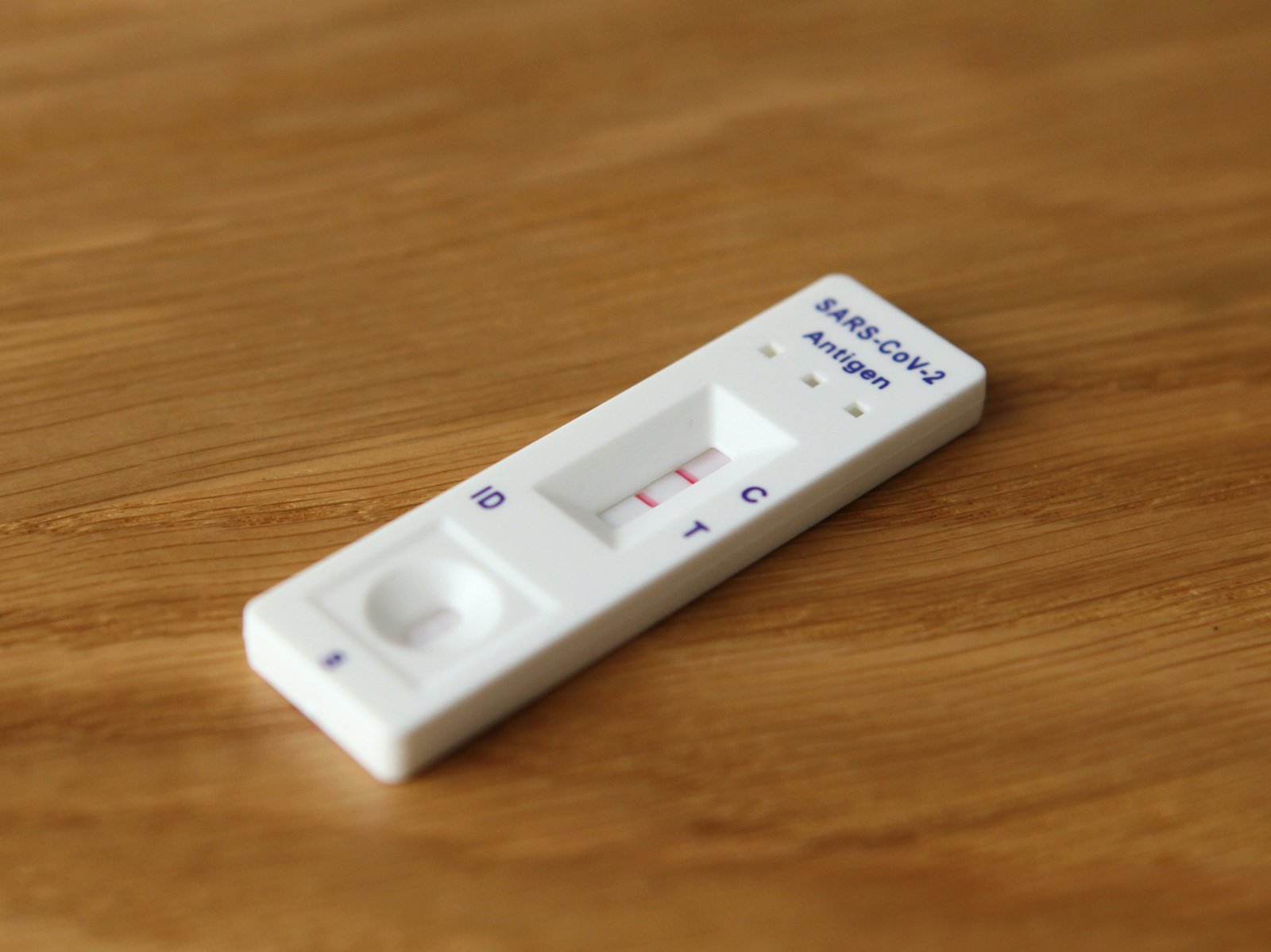
When is a test recommended?
The current recommendations from the BAG on testing can be found here
COVID-Certificate
It has been decided by the federal government that Covid-19 certificates will no longer be issued as of September 1, 2023.
Note on group sizes:
We test children and adults and nasopharyngeal swabs are taken. Please book a separate appointment for each person.
What you should bring with you:
Please always bring your health insurance card with you. If you do not have one, you can of course still come to us for a test.
When will I receive the result?
PCR tests : If the test was carried out by 12:00, you will receive the result by 17:00 on the same day at the latest. If the test was carried out after 12:00, you will receive the result by 12:00 the next day at the latest. Please call us on +41 44 634 60 00 or contact us if you have not received a result within the specified time frame.
Exception: Tests are no longer offered from 13:00 on Fridays.
Do you have a question or would you like to book an appointment?
Navigation auf uzh.ch
Epidemiology, Biostatistics and Prevention Institute
Quicklinks und sprachwechsel, main navigation.
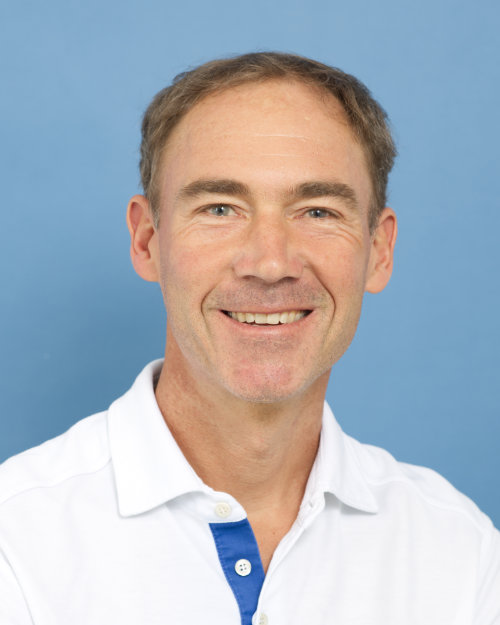
Jan Fehr, Prof. Dr.
- Head of Department Public and Global Health
Short Biography
Jan Fehr, is Professor of 'Global Health & Mobility', Head of the Department of Public & Global Health at the Epidemiology, Biostatistics and Prevention Institute (EBPI) of the University of Zurich (UZH) and one of the three members of the Executive Board of the EBPI at UZH as well as Chief Physician of the Centre for Travel Medicine (ZRM) at UZH. This is the world's only WHO Collaboration Centre for Traveller's Health and the largest travel clinic in Switzerland, with almost 30,000 consultations every year. It also includes the Canton of Zurich's reference vaccination centre, which was established during the coronavirus pandemic. He is a specialist in internal medicine and infectious diseases with many years of experience in clinical research to tackle global health changes in close collaboration with partners in the Global South. His research interests include HIV, tuberculosis, viral hepatitis, vaccinology and newly emerging infectious diseases. He is a One Health delegate of UZH for the UNA Europe Alliance, a member of the Confederate Commission for questions of vaccinations (EKIF) and a strategic member of the Swiss Expert Committee on Travel Medicine (EKRM) and member of the working group “Clinical Therapy” of the Federal Commission for Issues relating to Sexually Transmitted Infections (FCSTI) and member of the “Swiss Chagas Network”.
Curriculum Vitae
CV Jan Fehr (PDF, 117 KB)
Publications list
Jan Fehr in PubMed
Ongoing Projects
- A multicenter, observational cohort to study the characteristics of individuals asking for pre-exposure prophylaxis (PrEP) and the incidence of HIV and STIs: «The Swiss PrEPared Study»
- Real Risks of the Online World: Association of Online Dating Addiction with Mental and Sexual Health Outcomes in Sexual Minorities
- Seroprevalence of SARS-CoV-2 antibodies and development of immunity in the Swiss population – Population-based observational studies to inform policy making (CORONA IMMUNITAS)
- Zurich SARS-CoV-2 Cohort: Towards a long-term control of SARS-CoV-2 transmission – Identifying the epidemiological, immunological and viral genetic drivers of SARS-CoV-2 transmission and pathogenesis in a representative population-based cohort
Closed Projects
- SIS- Swiss Immune Setpoint Study
- Novel integrated infectious diseases diagnosis and surveillance system (NIIDS)

IMAGES
VIDEO
COMMENTS
The sexual health consultation area is currently under construction. If you have any questions or would like to make an appointment, please contact us here: [email protected] or call +41 79 329 48 65. No information regarding travel medicine or appointment bookings are possible under these contact details!
Our team, specialised in travel medicine issues, is knowledgeable about vaccinations, location-specific risks and various diseases and is committed to your safety. From administering mandatory vaccines to a full vaccination booklet check, we take great care to ensure your well-being. These services are especially important for those with ...
Founded in 1988, and with over 20,000 visitors annually, we are one of the largest and most trusted travel clinics in Switzerland. We are also proud to be one of only two World Health Organisation Collaborating Centers in Travel Medicine in the world. The University of Zurich Travel Clinic now operates additionally as a COVID-19 Test Center and ...
University of Zurich Epidemiology, Biostatistics & Prevention Institute (EBPI) Hirschengraben 84, CH-8001 Zurich Travel Clinic: Tel. +41 44 634 60 00 Phone book University of Zurich
University of Zurich Epidemiology, Biostatistics & Prevention Institute (EBPI) Hirschengraben 84, CH-8001 Zurich Travel Clinic: Tel. +41 44 634 60 00. Phone book University of Zurich. Quicklinks. EBPI Services; Travel Clinic & Vaccination Center; EBPI History; University Theses of EBPI;
The largest and most trusted travel clinic in Switzerland. As a service branch of the Epidemiology, Biostatistics and Prevention Institute, we aim to promote the health of the population in the Canton of Zurich and beyond. Founded in 1988 and with over 20,000 annual visitors, we are the largest travel clinic in Switzerland.
University of Zurich Travel Clinic Hirschengraben 84 8001 Zürich. Please note: From 21-29 September 2024, the Travel Clinic will only be accessible by public transport and on foot due to the Road and Para-Cycling Road World Championships! Monday: 8:30-17:00 Tuesday: 13:00-19:00 Wednesday: 8:30-17:00 Thursday: 11:00-19:00 Friday: 8:30-17:00
Jan Fehr, last March, the UZH Travel Clinic was repurposed as a coronavirus testing center. On 4 January, it took up operations as the first reference vaccination center for the canton of Zurich. Who can get vaccinated at the center? Jan Fehr: People at higher risk from COVID-19.
Methods: A descriptive analysis was performed on pre-travel visits between July 2010 and August 2012 at the Travel Clinic of the Institute of Social and Preventive Medicine, University of Zurich, Switzerland. Results: A total of 22,584 travelers sought pre-travel advice. Tourism was the main reason for travel (17,875, 81.5%), followed by ...
As a research university, UZH is committed to inspiring, research-based teaching. Our Master's degree study programs provide in-depth knowledge in fields such as banking & finance, bioinformatics, quantitative earth sciences and others, for tomorrow's global leaders and change-makers. The main language of instruction for most Master's study ...
University of Zurich Epidemiology, Biostatistics & Prevention Institute (EBPI) Hirschengraben 84, CH-8001 Zurich Travel Clinic: Tel. +41 44 634 60 00 Phone book University of Zurich
2 Travel Clinic, University of Zurich, Hirschengraben 84, 8001 Zurich, Switzerland. 3 Department of Mathematics. ... We recruited a prospective cohort of travellers ≥ 18 years and planning travel to Thailand for <5 weeks from the travel clinics in Zurich and Basel (Switzerland). Participants answered demographic, clinical and risk behaviour ...
At the University of Zurich, the institutes/clinics are responsible for selecting and issuing an invitation for visiting scholars. The first step therefore is to contact the relevant institute/clinic. They can help you with questions and further information regarding invitation, selection process and infrastructure (workplace, e-mail, telephone ...
About. Book an appointment. Patient-centered services incl. pre-travel advice/vaccinations, routine vaccination checks, and covid-19 testing and vaccines. Make an appointment today.
During the 2024 Road and Para-cycling Road World Championships from September 21 to 29, travel to the ZZM will be more difficult. We recommend that you inform yourself in advance and allow extra time for your journey. Traffic information City of Zurich (only German) Traffic information on the event website Traffic information University of Zurich
Workshops. "SPEAK UP! Session on Decolonizing, decapitalizing, and decompartmentalizing Academia" (2021). Samira Ibnelkaid (PostDoc at the University of Oulu, Finland) and Kristina Eiviler (role: organizer, presenter, and moderator), University of Zurich, Switzerland. "Video-based research" (2021).
The University of Zurich Travel Clinic now operates as a Test Center and the Reference Vaccination Center for the Canton of Zurich. The Test Center opened on March 30, 2020 and has tested over 30,000 people to date. The Reference Vaccination Center of the Canton of Zurich opened on January 4, 2021 and has vaccinated over 190,000 people to date.
Student Insurance and Business Office. Student Health Services | Room 101, University Avenue Entrance. 208-885-2210 | [email protected]. Vandal Health Clinic. 831 Ash St. Moscow, ID | 208-885-6693 | Map. You must present your VandalCard at the time of each appointment. QuickCARE Walk-in Clinic*.
University of Zurich Epidemiology, Biostatistics & Prevention Institute (EBPI) Hirschengraben 84, CH-8001 Zurich Travel Clinic: Tel. +41 44 634 60 00 Phone book University of Zurich
A showcase for the University of Zurich, the division's Travel Clinic is the largest in Switzerland and enjoys a long history, including the creation of a new discipline in medicine. A team of physicians, pharmacists, and other health and administrative staff offers pre-travel advice and vaccinations to the general public of the region with an integrated research cum service approach.
Fast, Friendly and Professional. We are currently offering COVID-19 testing to those without symptoms. You will receive a consultation before each test, during which a healthcare professional will address your individual situation and, if necessary, make a test recommendation. The consultation is included in the cost.
Answer 1 of 3: Hello We are a family of 3 flying to Moscow from Zurich at the end of September(round trip).The cheapest tickets that I can find are in the $350 range.Trying to figure out if it'd be cheaper to fly out from other Swiss cities or even...
University of Zurich Epidemiology, Biostatistics & Prevention Institute (EBPI) Hirschengraben 84, CH-8001 Zurich Travel Clinic: Tel. +41 44 634 60 00. Phone book University of Zurich. Quicklinks. EBPI Services; Travel Clinic & Vaccination Center; EBPI History; University Theses of EBPI;